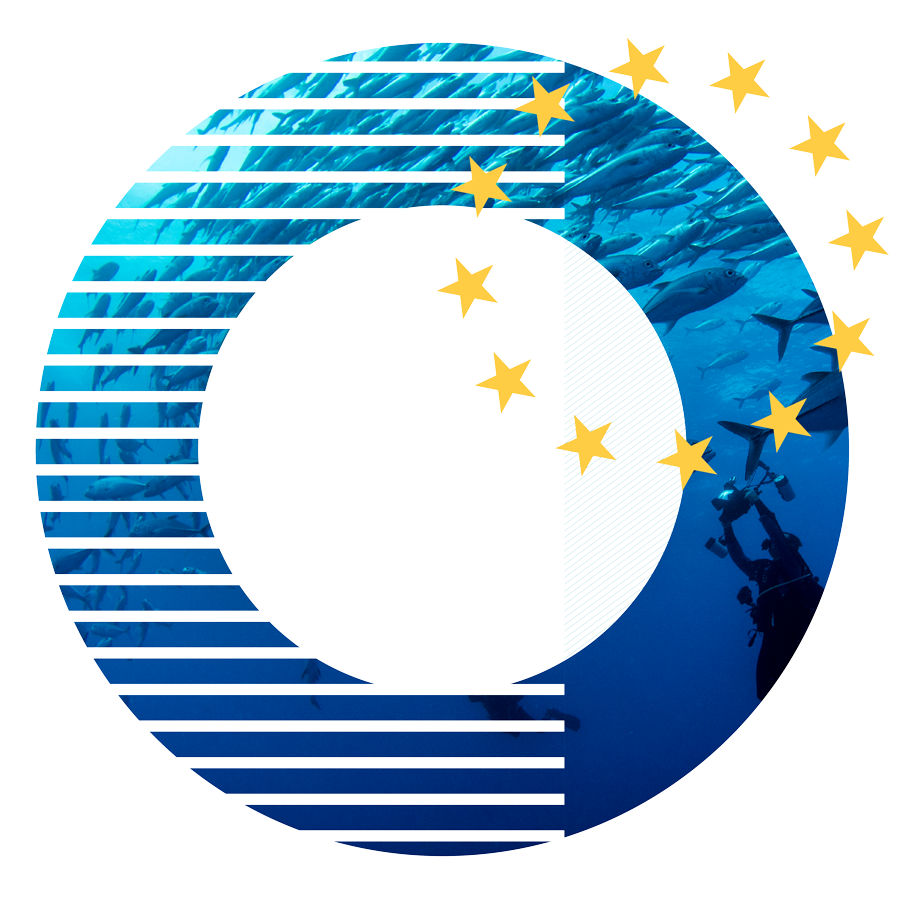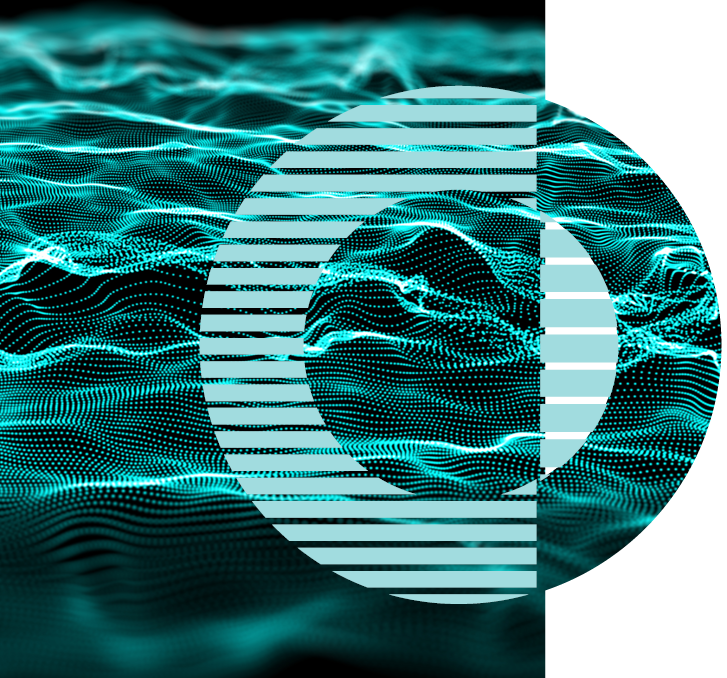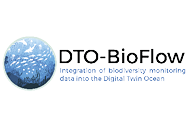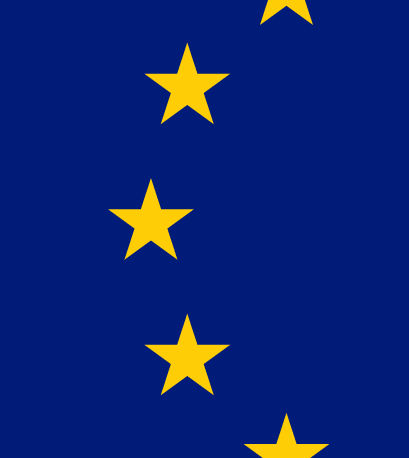
DTO-BioFlow
DTO-Bioflow
A Horizon Europe project
TA-funded services
Not Available
DTO-BioFlow
Biodiversity and ocean observation

DTO-BioFlow mission
DTO-BioFlow aims to unlock ‘sleeping’ or unacessible biodiversity data, by developing and integrating sustainable datasets of both existing into the EU Digital Twin Ocean. This initiative will create a virtual model of marine biological processes, transforming data into evidence-based knowledge for science and policy.
EMBRC’s role in DTO-BioFlow
EMBRC provides cutting-edge, interdisciplinary, and customised services to the topic of the project.
DTO-Bioflow use cases
Explore How the DTO Can Be Used on Real Marine Challenges

This project was funded by the European Union (GA# 101112823 – DTO-BioFlow)
Views and opinions expressed are however those of the author(s) only and do not necessarily reflect those of the European Union. Neither the European Union nor the granting authority can be held responsible for them.


